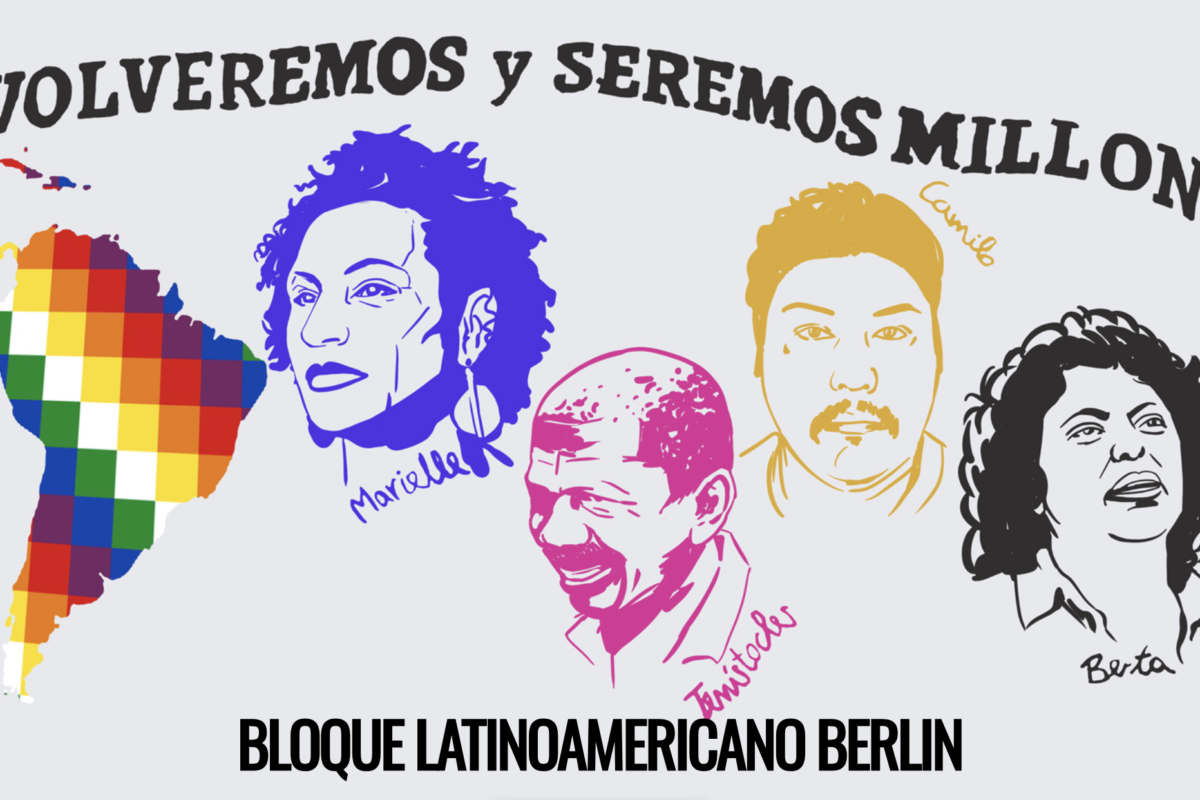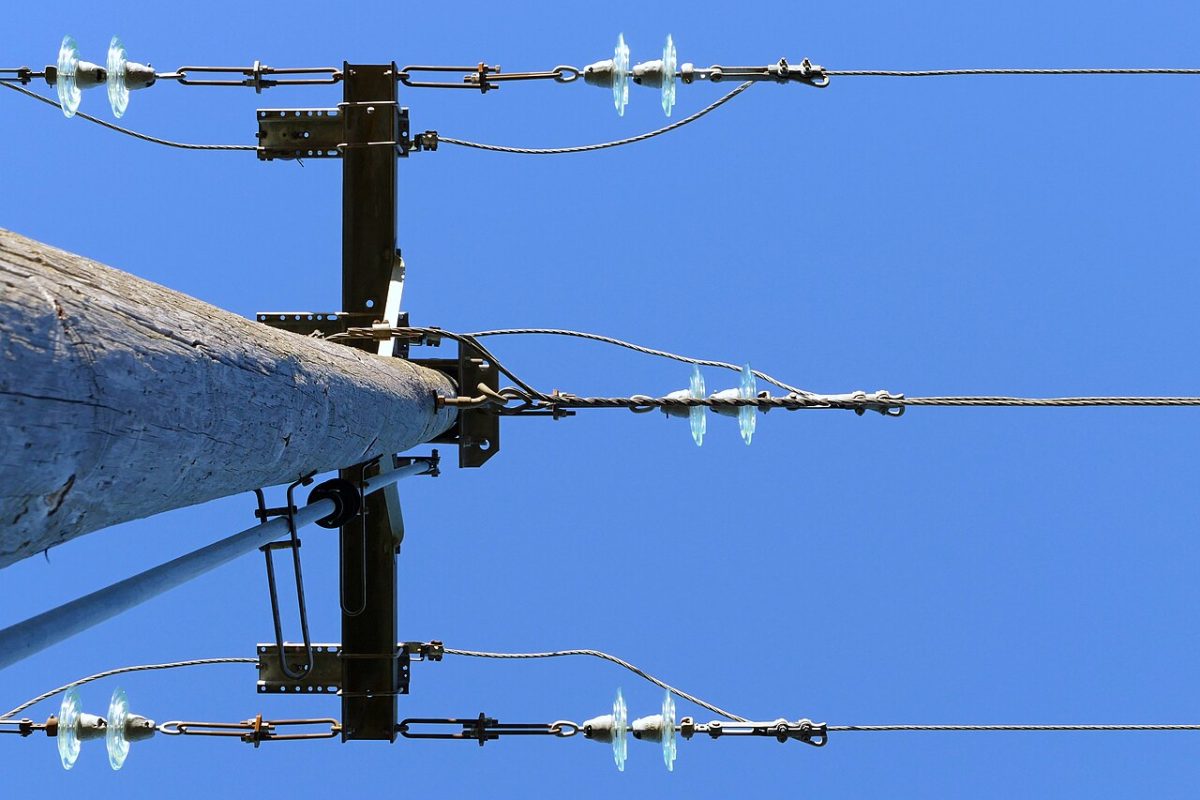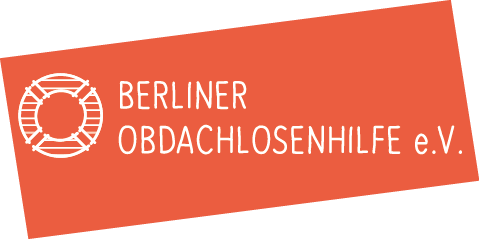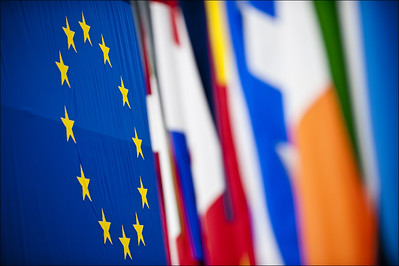This manifesto is from the Bloque Latinoamericano, which has been translated by The Left Berlin team. We will be publishing it in three parts; this is the last part.
Organic/Organizational Questions
In this chapter, we present some methodical and organizational thoughts on how we conduct our daily political work. These stem from the experiences that we have gathered since our organization’s founding.
Grassroots Work
Grassroots work consists of making organizational tools available and addressing those who are not presently organized and do not have the initial impulse to organize politically.
Using a framework of methods developed in Latin America, we understand grassroots work to be the construction of spaces for specific sectors, as in the development of initiatives that respond to concrete problems and needs arising from structural inequalities, and we offer solutions through self-organization and self-management. Grassroots work is essential to constructing popular power, meaning the gathering of forces for the transformation of society and the prefiguration of alternative forms of social organization.
Our grassroots work is based on a diagnosis of the need of the Latin American diaspora in Berlin. We observe, particularly in migrant communities but also in society at large, considerable deficiencies in access, especially with regard to adequate housing and working conditions. The needs of the community are not limited to access to material resources, which are guaranteed to a greater extent in Germany than in Latin America, but also include the needs for community belonging, care networks, and emotional support. These needs arise from the deep penetration of neoliberalism throughout the economy and societal fabric.
In carrying out grassroots work, we cooperate with very different people whose worldviews are not necessarily leftist, even if we are not willing to work alongside right-wing convictions. We believe that the accessibility of grassroots movements is essential in breaking free from a subcultural logic strongly anchored in the left in Germany. This logic tends to be self-isolating and only views those who have already internalized system-critical discourse and ways of living as subjects of social transformation.
In our work with the migrant community in this area, we have developed methods allowing us to draw upon individual experiences to recognize their collective character and relationship to structural problems. Through discussions and political education, we have managed to understand the causes of shared hardships that have connected us to respective grassroots movements and driven us to organize. A substantial part of grassroots work is practical and concerns collective, if only partial, solutions to unmet needs. Involvement in grassroots movements is attained through the distribution of labor according to the interests and needs of the participants.
Grassroots work only makes sense to us in conjunction with the building of a political organization. Without the political struggle for an overall restructuring of society, grassroots work can become charity work. The role of political organization is to develop visions for social transformation that go above and beyond meeting concrete needs under the current structure.
The Relationship Between Political Organization and Grassroots Work
As a political organization, the Bloque Latinoamericano Berlin creates new grassroots movements and promotes existing ones. These spaces are attended by both Bloque members and non-members who share the goals of the grassroots space and who want to organize themselves due to specific hardship or a specific need or demand.
Because these are public spaces, members of other political organizations can also participate without the necessity of an alliance between them and the Bloque.
The role of the Bloque Latinoamericano in grassroots movements is to guarantee their perpetuity and political life. It does so by ensuring that meetings take place and that proposals for defining goals and the execution of political actions take place. Participation in these spaces is a central educational experience for all those active in the Bloque. Even if the Bloque offers support, this does not mean that its members have to take on all tasks. On the contrary, the goal of these spaces is that they are adopted by those who animate them—an important part of which is the assumption of responsibility.
The political line of a grassroots movement is the result of participants’ collective debate. Members of the Bloque Latinoamericano bring suggestions discussed within the Bloque to the table, but decisions within the grassroots movement are made democratically.
Our Policy on Alliances
We understand ‘alliance’ as cooperative political work with other organizations on the basis of agreements that can be negotiated at varying levels. This means that we do not have to agree with our allies on everything in order to work together.
Our policy on alliances is founded on concrete practice and objectives set in the phase at hand. Some alliances are long-term and based on deep–rooted political understanding (strategic alliances). Others surround daily and mid-term political work (tactical-political alliances). We also enter into short-term alliances in order to carry out concrete political activities or gain visibility for specific issues.
Tactical flexibility is a central element of our policy on alliances. We see the necessity in staying true to our principles as an organization. That does not, however, hinder our flexibility in our manner of reaching concrete goals for which cooperation with other organizations is of high importance.
We find that our alliances arise in three main fashions: Firstly, through the struggle to improve living conditions of the migrant community, shared with both other migrant and non-migrant broader movements, for example, the movements for access to housing and better living conditions. Secondly, we work with migrant and international organizations under the shared goal of bringing visibility to and supporting struggles in Latin America and other areas of the Global South. Finally, we form alliances with organizations that share our visions or forms of political engagement beyond concrete struggles, such as anti-imperialist and anti-capitalist stances or the necessity of grassroots work, and developing a practice strengthened by desire and emotion.
Our Understanding of Militancy
As with any political organization, the backbone of our collective is us as activists, as we uphold its structure and daily work.
Why are we politically active? We self-organize to be free, to have autonomy over our lives and bodies, and we are moved by a great feeling of love, empathy for, and solidarity with all those who suffer the consequences of capitalism, the cis-hetero patriarchy, and racism. We have chosen the path of organizing anger and defending now and build a more just world day by day.
We know that to be politically engaged means to strive for political transformation and that in doing so, we will compulsorily make mistakes. But we know too that without revolutionary practice, there is no future and that we cannot remain idle out of fear of error or stumbling blocks—to the contrary, we strive for a constant, practical implementation of that which we think and believe with the conviction that we will be through criticism and reflection in the position to develop better tools for transformation and new relational frameworks.
Our organization offers multiple levels of participation, from grassroots movements to the structure of the organization itself. We are aware that we each have different capacities to contribute to political work according to our life circumstances, wishes, and motivations. We see this diversity not as a hindrance but as wealth. We expect the members of our organization to be regularly present and to maintain functional communication with their comrades, to act transparently and responsibly, and to value equally each member’s contribution to the building of our political project.
The Role of Political Education and Collective Learning
In order to have a realistically transformative practice, we consider it essential to reflect upon our own practice and develop theoretical and conceptual tools that help us to understand the structural problems we are confronted with and outline alternatives. Political education has essential meaning in doing so. It is our pathway to broaching experiences of others’ struggles, their failures and successes, but also to new forms of knowledge and new concepts of reality.
Political education serves the purpose of democratizing knowledge internal and external to the organization in that it breaks with the private acquisition of knowledge prevalent in formal education and academic institutions. If we truly want to break with the dominant positions of the elite, if this is truly about the construction of worldviews that give meaning to the world, it is crucial that we begin to take charge of the spaces in which this occurs and use all the tools at our disposal. In our political work, we learn together and in connection with practice. We learn what we need for social transformation and we shape learning environments around respect and the value of different forms of knowledge: popular, academic, sensory, historical, bodily, and so on.
We are of the opinion that education takes place in different spaces: in the execution of practical tasks, on the streets, and in political discussions. The Bloque Latinoamericano regularly organizes training opportunities with the goal of broadening our imagination to develop tools to mark out our mutual horizon beginning with questions raised by our political work while going beyond the immediate. In planning and designing these spaces we refer to the perspectives of Educación Popular, inspired by social movements in Latin America from the 1960s to the present. The task of preparing and moderating educational spaces is a rotating responsibility that each member can and should take on for a time.
The Role of Emotion and Desire in Militancy
Not only has the capitalist system taught us a way of reading the world, but has also taught us how to desire and affectively restrict ourselves. We therefore want to question our inherited individualist, cis-heterosexist and consumerist behaviors in our organization.
The experience of migration is wrought with individual emotions and leaves emotional traces of lived structural violence in our bodies. We know that it is often these feelings that motivate many to align with our organization in search of others with similar experiences and motivate building networks of affection based on a shared understanding and experience.
Within the Bloque Latinoamericano, we try to offer a space where individual emotions, which often motivate a search for belonging and community, are welcome. We know that when emotions become collective emotions they can be a force for political practice. The challenge for us is to find a balance between holding space for emotionality and, at the same time, systematically examining our inherited cis-het and consumerist sensibilities.
It is our suggestion that we construct a space in which honest dialogue and active listening are facilitated and in which members feel free to express their views and emotions. Nonetheless, we are of the opinion that offering the right to a ‘safe space’ can be a trap in that for the ‘safety’ of some, others must be excluded.
Informal meetings between Bloque activists, members of grassroots movements, acquaintances, friends and all belonging to our network have just as central importance as political meetings. It is in these spaces that the bonds of affection, trust, and solidarity among comrades are fortified.
Finally, we emphasize the importance of desire and pleasure in militancy, as they form the structural foundation which guarantees the functionality of the organization. Without desire, there is no movement, and ideas and ideological guidelines cannot translate to tangible action. Not only does political organization not contradict the politics of emotion, we affirm that desire and pleasure must be present for our project to materialize.




